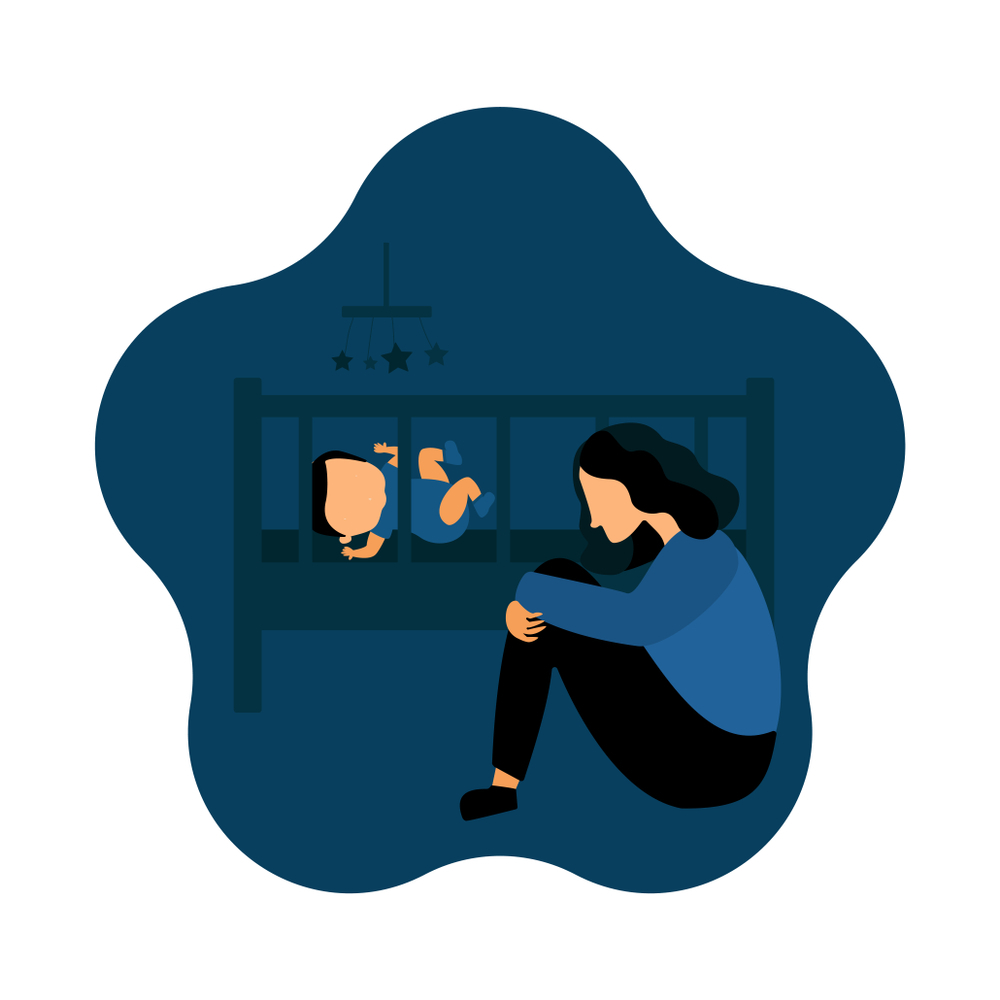What you should know about Postpartum Depression
Bringing a new born to life is considered as an exciting experience especially for the parents. However, some mothers find themselves being overwhelmed with emotions such as sadness, anxiety, and loneliness after having a baby. The major reasons for this are known as Baby blues, and usually affect about 70 percent of mothers1. Mothers may experience feelings like sadness and mood swings which begin days post delivery. They are usually mild and go on their own within a week or two without the need for medical treatment.
By comparison, postpartum depression is a severe condition that occurs in about 1 in 10 new mothers. The disorder usually starts within days after delivery and may last for up to a year2. Symptoms are more serious and it may be daunting to care for yourself and your newborn. Unlike Baby blues, postpartum depression lasts longer and significantly affects the new mother.
Some prefer the term ‘Peri-partum depression’ instead of postpartum depression as it is more fitting because the depressive symptoms can start during pregnancy.
On the other hand, postpartum psychosis is a rare but severe mental illness that can afflict new mothers. It often occurs in the first three months after delivery. Its symptoms include auditory and visual hallucination that is hearing or seeing things that other people can’t hear or see and losing touch with reality. It needs urgent and sometimes hospitalization may be necessary.
Postpartum depression is believed to be caused by the interplay between the hormonal, social and psychological changes that take place during pregnancy and delivery. The female reproductive hormones accelerate by ten folds during pregnancy; this steeply drops to pre-pregnancy levels within 3 days post delivery. These drastic chemical changes are believed to be responsible for the development of postpartum depression.
Aside from the hormones factor, here are other factors that can increase a new mother risk to PPD.
- Previous history of depression or anxiety, and negative attitudes towards the pregnancy, or the gender of the baby is some of the psychological factors linked with an increased risk of postpartum depression.
- If you have had postpartum depression in previous pregnancies, it also makes you susceptible to recent one.
- Having twins or triplets.
- Having babies with congenital abnormalities.
- Lack of social support and marital problems.
- History of sexual, physical or verbal abuse.
- Smoking during pregnancy also increases your chances.
It is crucial to note that postpartum depression is not a disease that affects only women. New fathers can also suffer from this condition and research shows that 1 in 10 fathers experience it during the year their child is born.
Symptoms of Post Partum Depression
The symptoms of this condition mirror that of depression. Loss of pleasure and interest in things that usually interest you is common; this can encompass losing interest in your newborn as well as your loved ones. Other common symptoms include:
- Mood swings.
- Loss of appetite or eating more than you usually do.
- Sleep disturbances.
- Feeling worthless.
- Excessive sadness and uncontrollable crying for a long time.
Sometimes you may have thoughts of harming yourself or the newborn. If this happens, you should contact a mental health professional immediately.
Conclusion
Untreated postpartum depression can last for months and sometimes progress to chronic depressive disorder. Suicide is known as one of the leading causes of maternal death in developed countries. Postpartum depression significantly increases suicidality thus requires prompt professional care. It also affects a child’s cognitive and behavioral function. A study has found that postpartum depression significantly impacts the IQ of adolescents.
The treatment of postpartum depression depends on individual’s symptoms and their severity. Treatment options include antidepressant medications and psychotherapy. Starting antidepressants doesn’t necessitate the secession of breastfeeding; there are medications to take while lactating. You should however discuss these with your healthcare provider and decide on the best option for you.
Finally, it’s worth noting that having postpartum depression isn’t a reflection of you or your abilities as a mother. It is just one of the possible complications of pregnancy that can be treated.
Written by: Selam Temesgen MD







Comments (0)